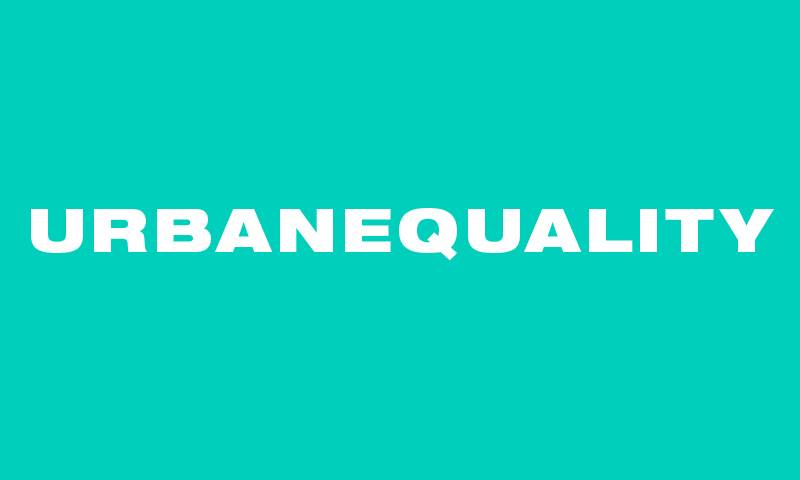Over the next 4 years, Knowledge in Action for Urban Equality aims to deliver transformative research & capacity for innovation in policy & planning in 12 cities across Latin America, Asia and Africa.

Professor Caren Levy
Achieving sustainable development requires putting a stop to the growing rates of inequality around the world. KNOW asks how citizens can be involved in delivering equality in the cities of the future. With over half of the world's populations living in urban areas, according to UN-Habitat 2016 figures, improving living conditions around the world depends on humanity's capacity to address urban challenges to what we are witnessing as growing urban inequality on a global scale.
KNOW is a research and capacity building programme that seeks to address and promote pathways to urban equality by working closely with a diverse range of cities in Latin America, Asia and Africa. Led by The Bartlett Development Planning Unit, KNOW brings together a global consortium of researchers and partners across 13 institutions and 12 cities in Africa, Asia and Latin America. Supported by the Global Challenges Research Fund (GCRF), KNOW represents one of The Bartlett's largest grant-based programmes to date with funding secured over four years to the end of 2021.
“KNOW focuses on equality and its relation to three key challenges: delivering prosperity, tackling extreme poverty, and building resilient cities
Urban (in)equality is a multi-dimensional experience for urban dwellers, reflecting different wellbeing aspirations and urban conditions. For that reason, KNOW focuses on equality and its relation to three key challenges: delivering prosperity, tackling extreme poverty, and building resilient cities. To respond to these challenges, KNOW aims to shape pathways to urban equality through three core objectives:
- Transformative research for urban equality – focuses on co-producing knowledge with our partner cities, specifically addressing aspects of prosperity, resilience, and extreme poverty in each location.
- Building research capacity – aims to build and strengthen research capacity for countries within the Global South and the UK.
- Developing urban learning hubs – sets up knowledge-based resource ‘Learning Hubs’, to co-produce, analyse, monitor, and compare city progress towards national and global goals of urban equality as highlighted in the UN Sustainable Development Goals (SDGs) and UN-Habitat New Urban Agenda.
With such a wide-reaching project, KNOW is structured around six streams of transformative research and capacity building – or Work Packages (WPs) – to address these three core objectives. This will span across our partner cities in Latin America (Barranquilla, Havana, Lima and San Jose), Asia (Da Nang, Jaipur, Nakhon Sawan, Yangon and Yogyakarta), and Africa (Dar es Salaam, Kampala and Freetown). KNOW will tackle the challenges and opportunities of vulnerable urban communities in these cities through what we call ‘partnerships with equivalence’ between networks and organisations of the poor, government, the private sector, and academia.
In WP1, KNOW partners have identified a range of research priorities of significance to the urban inequality that exists within each of their cities, recognising that urban equality is understood differently, both among different groups within cities and also across different urban places. WP2 compares and contrast these findings. It links city-based research with contemporary debates on global urbanism through the themes of prosperity, resilience and extreme poverty, and contributes to the newly emerging reporting process being set up to monitor global targets like the UN SDGs.
Our other four WPs build on the results of WP1 and WP2, to shape an understanding of pathways to urban equality. It does this through deepening understandings of the ethical challenges that pervade research on urban equality (WP3), the possibilities to accelerate equality gains through recommendations for policy and practice (WP4), the development of new programmes of learning in higher education (WP5), and the development of existing capacity to respond to the challenges of the changing context of Official Development Assistance research capacity in the UK (WP6).
KNOW will take this opportunity to contribute to the planning of the city of the future – and to ensure that it is a city that delivers quality of life and prosperity for all.
Professor Caren Levy is Principal Investigator for Knowledge in Action for Urban Equality (KNOW). She was Vice-Dean International of The Bartlett from 2012-2018.
 Close
Close

